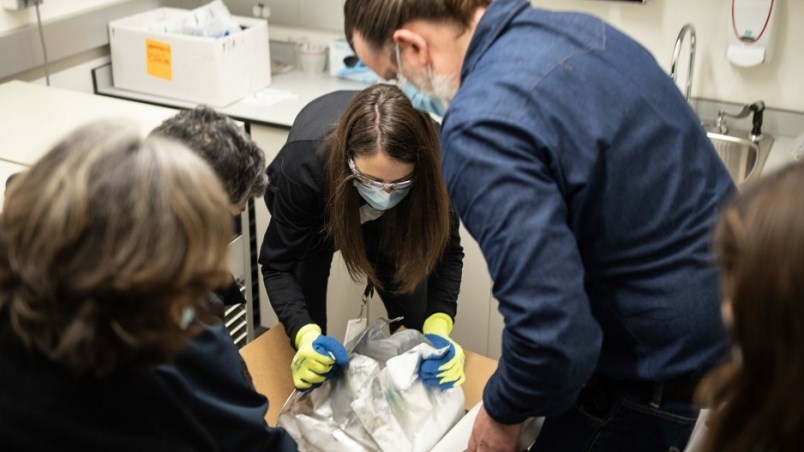A commentary by B.C.’s provincial health officer.
The COVID-19 pandemic has been incredibly difficult for all of us, and each day I am grateful for the sacrifices people have made, and continue to make, to keep their friends, family and neighbours safe.
We are all eager to put the pandemic behind us, and the approval of two safe and effective vaccines for use in Canada gives us light at the end of the tunnel.
Right now, in B.C. and globally, access to the COVID-19 vaccine is limited, which means we need to focus our efforts on keeping our most vulnerable safe. Our elders, seniors and those who care for them, our front line health-care workers, as well as remote and at-risk Indigenous communities, have been hardest hit, and that is where our focus will remain through the first months of immunization.
As we get through the first months of the year and more vaccine becomes available, we will increasingly expand our focus to include other groups primarily based on the greatest risk factor for illness and death: age. By next fall we expect a vaccine will be available to everyone who would like one.
To date, we have provided the first dose of the vaccines to more than 87,000 people in British Columbia. Each vaccine dose reduces the likelihood of severe illness and saves lives, and also increases the protection that our health-care system needs.
Both the Pfizer-BioNTech and Moderna vaccines require a second dose to maximize their effectiveness and give longer lasting protection.
However, we also know that the protection after even a single dose is more than 90 per cent, and that this protection lasts for at least six weeks.
In B.C., we have made the decision to provide the second dose starting at day 35 after receipt of dose one. This decision was made after detailed review of the evidence and consultation with experts, as well as an ethical analysis.
By delaying the second dose by seven days in these initial weeks of limited vaccine and high-transmission rates, we will be able to reach over 150,000 more at-risk people in B.C. than we otherwise could.
This plan is based on sound science and data. When clinical trials were underway for the vaccines, the timing between the two doses ranged from 19 to 42 days, and the results showed no change in the level of protection for the people who received the vaccine later in that range.
I think that it’s also important to note that waiting between doses is key. This allows the body to develop the antibodies needed to fight the virus. If you give the second dose too soon, it doesn’t have that boosting effect we want and need.
For both approved vaccines, this dosing schedule is within the approved range and has been endorsed by Canada’s National Advisory Committee for Immunization as well as by immunization experts at the World Health Organization.
Our pandemic response is continuing to evolve as we learn more about this virus, and that is especially true when it comes to our vaccination planning and distribution. Delaying the second dose for one week is a temporary approach that we know will protect as many people as possible from this virus during a time of limited vaccine supply.
Given what we know about our immune system and what we know right now about these vaccines, I believe we have taken a reasonable and safe approach that provides as much protection as possible to as many people at risk as possible in this period of vaccine supply constraint.
With every person who receives a vaccine, our entire province becomes that much safer. We still have a ways to go, but the light of hope is shining brighter and soon we will all be able to leave COVID-19 behind us.



